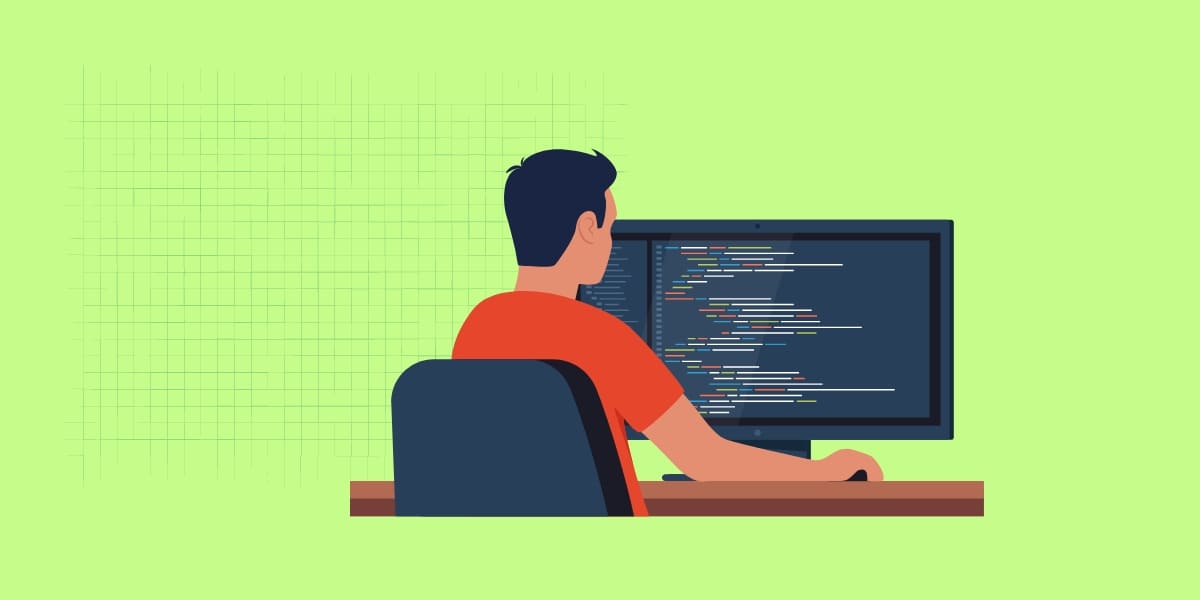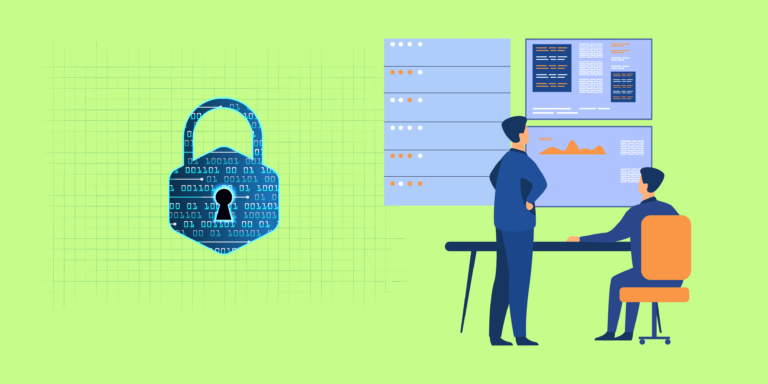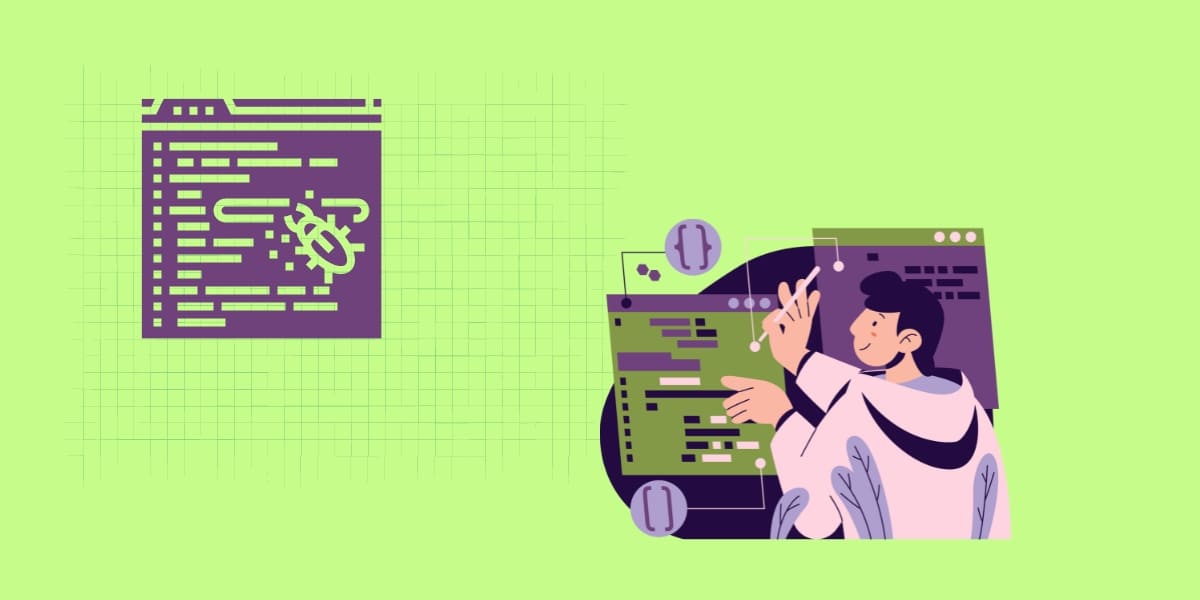Cybersecurity technicians are professionals who protect computer programs, systems, and networks from cybercriminals. The latter unlawfully use information technology to obtain passwords, violate copyrights, steal valuable materials, steal credit card data, bank accounts, and commit other crimes on the Internet.
Experts who counteract such criminal actions are also called cybersecurity engineers. They develop and implement various network solutions to secure data from hackers.
What are the Responsibilities of a Cybersecurity Technician?
- Testing programs, applications, and services for penetration, i.e., identifying threats and vulnerabilities.
- Installation, configuration, and maintenance of networks.
- Creating data protection strategies and updating a set of measures to prevent breaches.
- Fixing security-related network errors.
To respond more quickly and effectively to new weaknesses in products and networks, cybersecurity engineers work in teams with other IT specialists, improving computer codes, etc.
What Skills Should a Cybersecurity Technician Have?
Among the technical, «hard» skills, coding, understanding the specifics of different operating systems, and the ability to work with them and detect intrusions should be mentioned first. Additionally, for all technical fields, mathematical skills play a crucial role, namely understanding linear algebra, cryptography, and other mathematical concepts.
Regardless of whether you work as an employee in a large company or freelance, you will need a set of «soft» skills.
- Teamwork. When working on serious projects, the ability to actively listen and make joint decisions is important.
- Problem-Solving. This skill is fundamental for engineers working in the IT field. You'll have to choose the optimal way to complete tasks from several options and develop and implement ideas to avoid the same problems in the future.
- Analytical Thinking. Cybersecurity technicians need to collect, summarize, and analyze various data. Analysis is necessary during network breach investigations, security audits, and assessing the likelihood of new risks.
- Creative Thinking. Despite being a purely technical specialization, cybersecurity technicians can apply creativity to solve problems in non-obvious or completely innovative ways. Thanks to the engineer's creativity, a company can constantly generate new ideas regarding network or product protection against cyberattacks.
The position of a cybersecurity technician is often combined with other IT specializations. Therefore, the more technical and soft skills you have, the higher your chances of getting a prestigious job in a specialized company.

How to Become a Cybersecurity Technician?
First, determine the area of activity, as there are several in cybersecurity. This could be risks and compliance, data leakage prevention, architecture, incident response, etc. Depending on the field, choose a training program at a higher education institution or certified courses.
One of the best ways to start your career is to go to university and earn a bachelor's degree. In addition to cybersecurity, you can study information security or any other related field. Students usually study computer engineering, network communications, and social network infrastructure. To find yourself in cyber terrorism, cryptology, identity technologies, or other unique fields of cybersecurity, aim for a master's degree.
Obtaining a diploma is not the final stage of preparation for participation in interesting and highly paid projects. It's great if you can complete an accredited program and get a certificate that will confirm your knowledge, skills, and competencies for employers. We advise you to try your hand at an internship at the company. This will allow you to work on real tasks for the first time.
It is the cybersecurity engineer who maintains the various online systems and ensures that they are resistant to new threats. The competence and integrity of a specialist are very important for any organization. To keep track of potential risks, the technician must constantly test systems and ensure that protective measures are updated.





